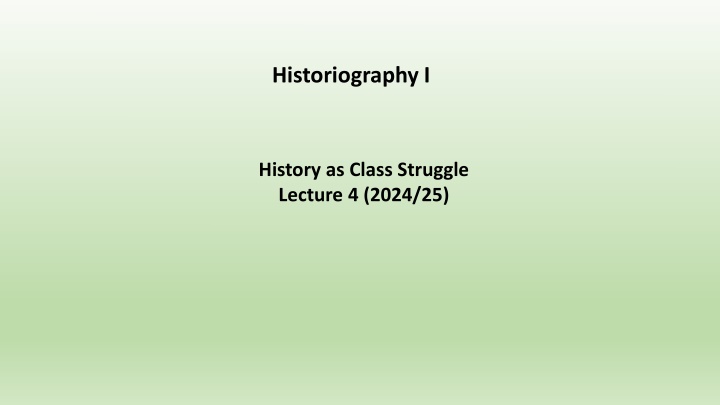
Karl Marx: Early Life, Influences, and Dialectical Method
Explore the formative years of Karl Marx, from his childhood in a liberal bourgeois family to his involvement in Left-Hegelian circles and lifelong friendship with Friedrich Engels. Discover the influences of Enlightenment histories, English and Scottish political economy, Utopian Socialism, and German idealism on Marx's evolution towards developing his unique dialectical method.
Download Presentation

Please find below an Image/Link to download the presentation.
The content on the website is provided AS IS for your information and personal use only. It may not be sold, licensed, or shared on other websites without obtaining consent from the author. If you encounter any issues during the download, it is possible that the publisher has removed the file from their server.
You are allowed to download the files provided on this website for personal or commercial use, subject to the condition that they are used lawfully. All files are the property of their respective owners.
The content on the website is provided AS IS for your information and personal use only. It may not be sold, licensed, or shared on other websites without obtaining consent from the author.
E N D
